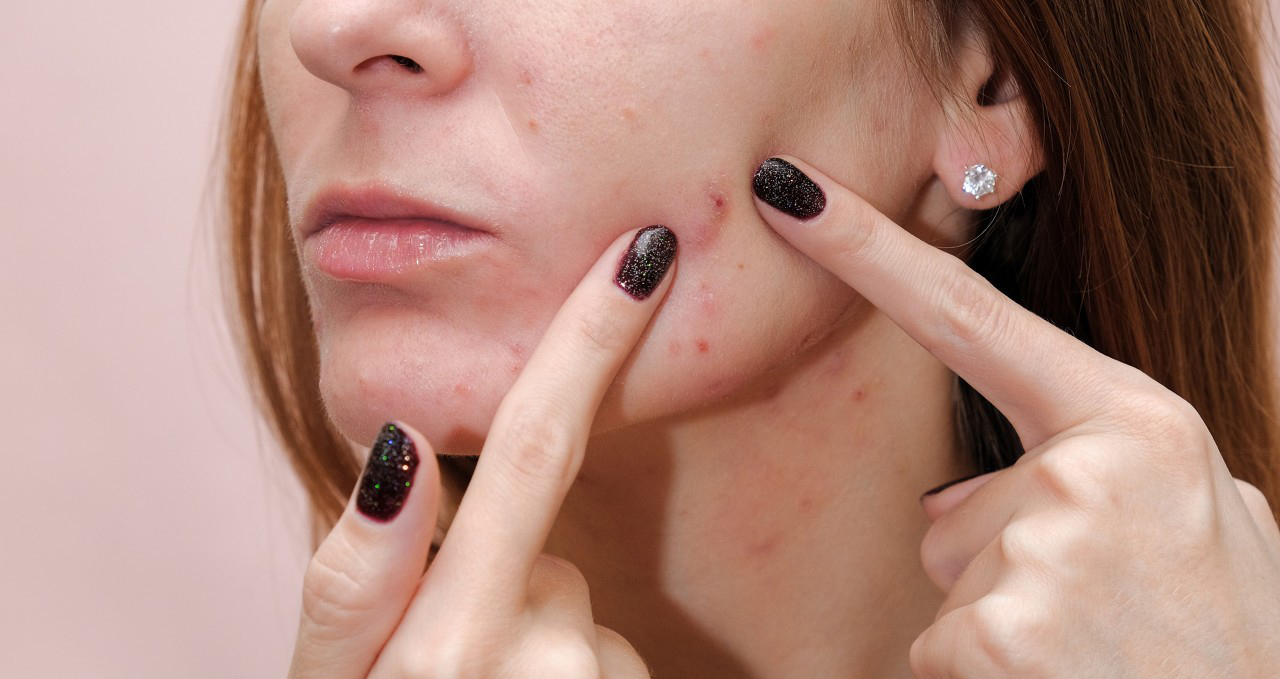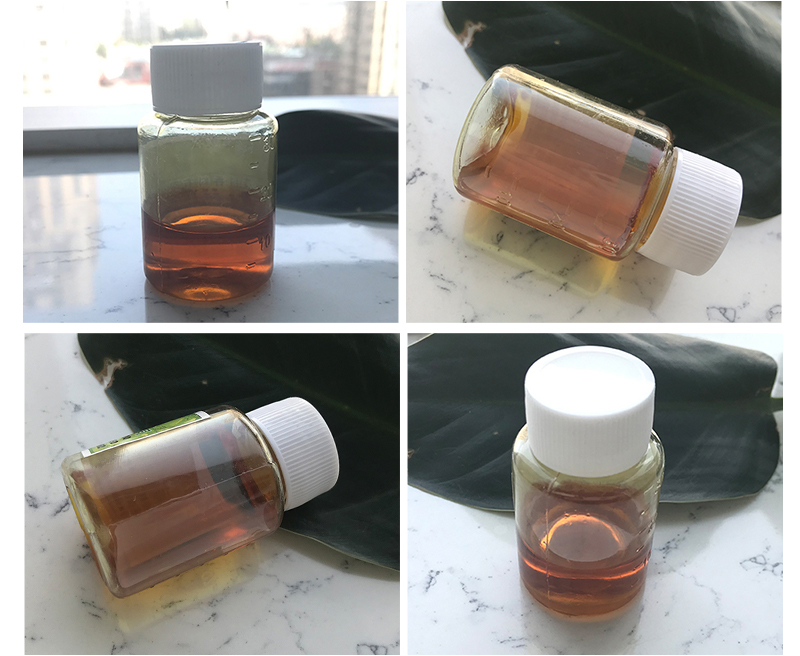Bakuchiol oil, often touted as a natural alternative to retinol, has specific quality standards to ensure its effectiveness and safety. Here are some key quality standards to consider:
1.Source and Purity:
- Should be derived from the seeds or leaves of the Psoralea corylifolia plant.
- Free from contaminants, including heavy metals, pesticides, and microbial impurities.
2.Extraction Method:
- Cold-pressed or solvent-extracted methods are preferred to retain beneficial properties.
- Should avoid harsh chemicals during extraction.

3.Concentration:
- The concentration of bakuchiol should be clearly stated, typically ranging from 0.5% to 2% in formulations for optimal effectiveness.
4.Stability:
- The oil should be tested for stability over time, ensuring it maintains its efficacy and does not degrade.
5.Packaging:
- Should be packaged in dark or opaque containers to protect from light and oxidation.
6.Testing:
- Should undergo clinical testing to support claims regarding anti-aging, anti-inflammatory, and antioxidant properties.
- Dermatological testing for skin irritation or sensitivity.

7.Regulatory Compliance:
- Must adhere to local and international cosmetic regulations and standards, such as those set by the FDA or the European Commission.
8.Labeling:
- Clear labeling with ingredient list, concentration, and any certifications (e.g., organic, cruelty-free).
Following these standards helps ensure that bakuchiol oil is safe, effective, and of high quality for consumers.
